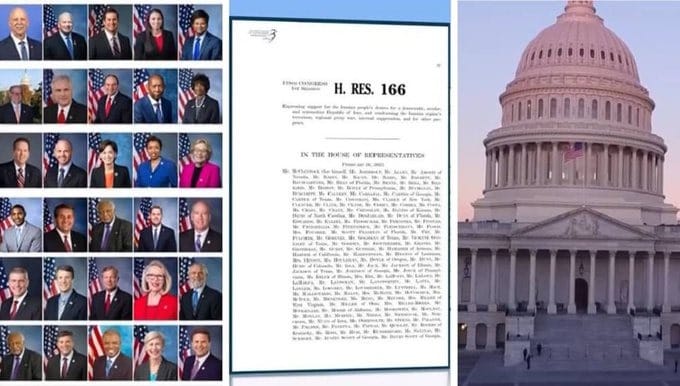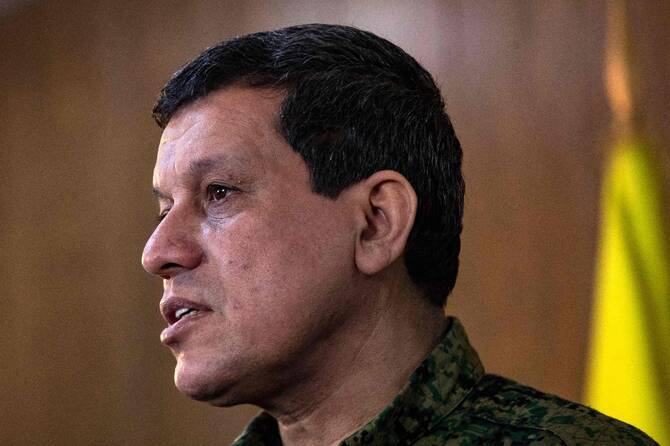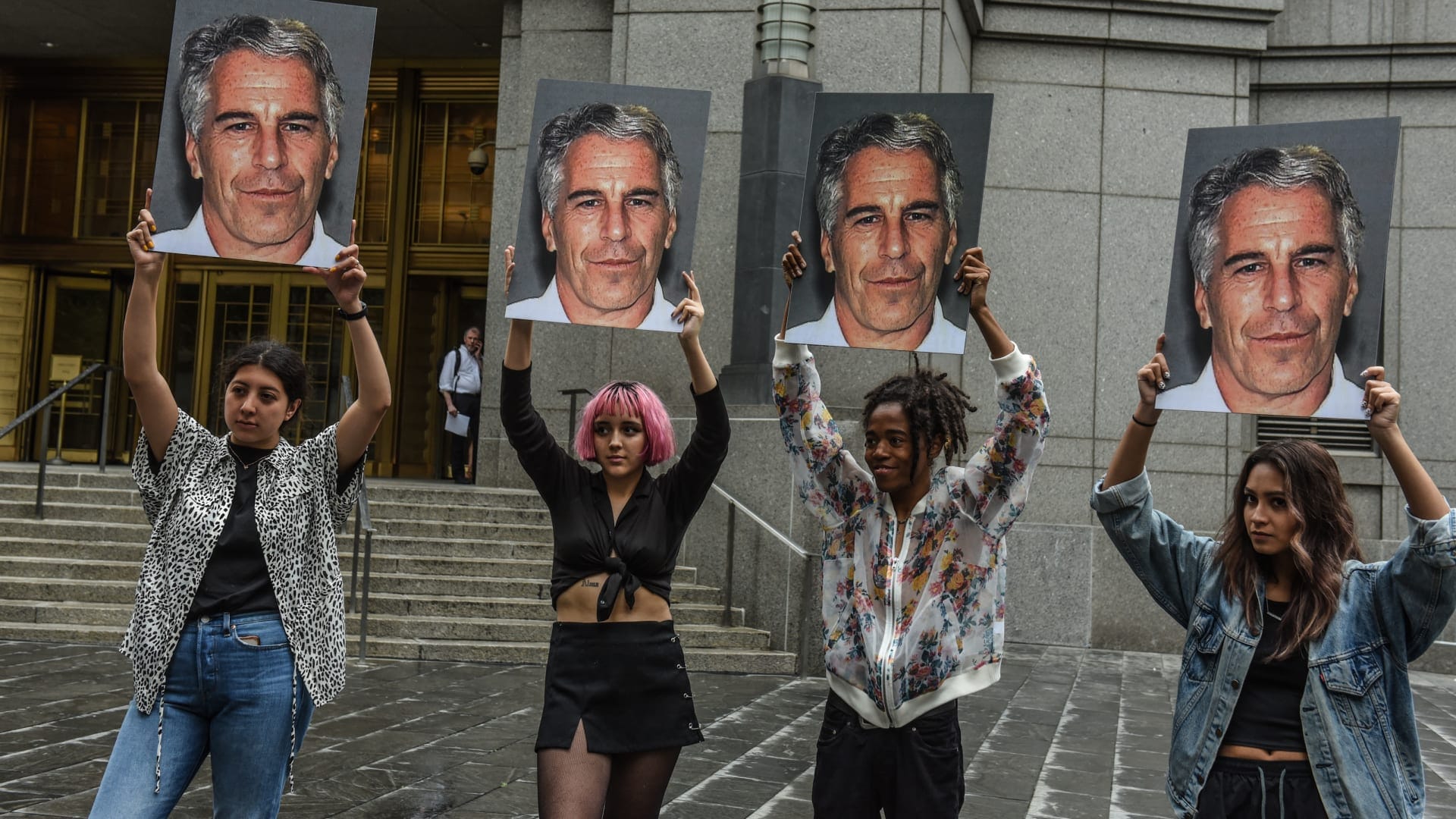US Congress Bipartisan Majority Backs NCRI Plan, Endorses Iranians’ Democratic Aspirations

A landmark signal of support for the Iranian people’s long struggle for freedom and democracy, the United States House of Representatives, with a commanding bipartisan majority, has passed H.Res. 166, a resolution that not only expresses support “for the Iranian people’s desires for a democratic, secular, and nonnuclear Republic of Iran” but also unequivocally condemns “the Iranian regime’s terrorism, regional proxy war, internal suppression.”
This significant legislative action, backed by 220 representatives from both major political parties, underscores a growing consensus in Washington that recognizes the legitimacy of the Iranian people’s quest for fundamental change and the viability of the democratic alternative presented by the Iranian Resistance.
A Powerful Bipartisan Mandate Reflects Growing International Alignment
The sheer breadth of support for H.Res. 166 within the U.S. Congress is a testament to the undeniable reality of the Iranian regime’s destructive nature and the justness of the Iranian people’s cause. The fact that 220 Members of Congress, constituting a clear majority, have co-sponsored this resolution sends an unambiguous message: support for a free Iran transcends partisan divides and is increasingly viewed as a cornerstone of sound foreign policy.
The resolution was introduced and championed by a formidable group of lawmakers, including 11 chairs of House committees, Democratic leaders in 6 committees, chairs of 45 subcommittees, and significant numbers of members from crucial bodies such as the Foreign Affairs Committee (21 members), the Armed Services Committee (32 members), the Appropriations Committee (30 members), and the Intelligence Committee (14 members).
Such high-level backing from figures who shape U.S. policy on national security, foreign relations, and financial matters indicates a deep and serious commitment to the principles outlined in the resolution. It signals a recognition that the theocratic regime in Tehran is, as the resolution states, “the source of terrorism and warmongering in the Middle East region.”
Echoing the Iranian People’s Cry: A Republic Free from All Dictatorship
H.Res. 166 resonates powerfully with the demands articulated by the Iranian people during successive nationwide uprisings, particularly those in 2018, 2019, and 2022. These protests, “primarily led by women and youth,” have demonstrated an unequivocal rejection of the ruling theocracy. Crucially, the resolution acknowledges that the Iranian people have “rejected monarchical dictatorship, and called for a republic based on democracy and pluralism.” This explicit renunciation of all forms of authoritarian rule—be it the current religious tyranny or a return to a discredited monarchical past—is a central tenet of the Iranian Resistance and reflects the genuine aspirations of millions.
The resolution affirms that “the Iranian people have been deprived of their fundamental freedoms, for which reason they oppose any form of authoritarian rule, reject monarchic dictatorship and religious tyranny, as evident in their protest slogans, and seek to determine their destiny, based on their vote, as the sole criteria for political legitimacy.” This language directly validates the core message of the protesters who chant for a republic based on popular sovereignty, not the arbitrary rule of a Shah or a Supreme Leader.
Endorsement of a Viable Democratic Alternative: The Ten-Point Plan
Significantly, H.Res. 166 does not stop at condemning the regime or supporting aspirations in the abstract. It takes the crucial step of recognizing a concrete path forward by “supporting the Iranian opposition and the Ten-Point Plan for the Future of Iran, which aligns with democratic values and ensures a democratic, secular, peaceful, and non-nuclear republic for the future of Iran.” This Ten-Point Plan, articulated by Mrs. Maryam Rajavi, President-elect of the National Council of Resistance of Iran (NCRI), offers a comprehensive roadmap for a post-theocracy Iran.
The resolution highlights the widespread international endorsement this plan has already received, noting that “over 4,000 parliamentarians worldwide, including 243 bipartisan House members in Congress, the majority of 33 legislative assemblies, mostly in Europe, and over 130 former world leaders and 80 Nobel laureates have supported Mrs. Maryam Rajavi’s Ten-Point Plan.”
This plan champions “the universal right to vote, free elections, a market economy, and separation of religion and state, and advocates gender, religious, and ethnic equality, a foreign policy based on peaceful coexistence, peace in the Middle East, and a non-nuclear Republic of Iran.” The U.S. House’s formal acknowledgement and support for this plan lend further international legitimacy to the NCRI as the principal democratic alternative to the ruling dictatorship.
Securing the Iranian Resistance: Protecting Ashraf 3
Further underscoring its commitment to the organized Iranian opposition, H.Res. 166 directly addresses the critical need for the security and rights of Iranian political refugees residing in Ashraf 3, Albania. The resolution explicitly “calls on the United States Government, in cooperation with our ally Albania, to ensure the full protection of the Iranian political refugees in Ashraf 3 in Albania against the Iranian regime’s continued efforts to target dissidents abroad.” Recognizing that many of the over 900 residents are former political prisoners and crucial witnesses to the regime’s heinous crimes, including the 1988 massacre of up to 30,000 political prisoners, the resolution insists that they must “benefit from all rights stipulated in the Geneva Convention 1951 and the European Convention on Human Rights, including the right to life, liberty, and security, and protection of property, as well as freedom of expression and assembly.”
This clear directive for protection is vital for safeguarding those who have bravely stood against the regime and whose testimonies are essential for future international accountability and justice.
A Clear Message: Appeasement Has Failed, Support the People’s Will
The resolution serves as a stark indictment of past policies of appeasement, stating unequivocally that “the efforts of Western countries over the past 45 years to change the behavior of this regime have failed.” Instead, it posits that “the ultimate solution to ending the Iranian regime’s threats is the establishment of a secular, democratic, and pluralistic republic by the Iranian people and resistance.” This is a critical recognition that internal change, driven by the Iranian people and their organized Resistance, is the only viable path to peace and stability in Iran and the wider region.
By condemning the regime’s “warmongering in the Middle East, which is a major source of terrorism and regional instability” and calling for its end, and by affirming that “addressing the call of Iranian protesters for fundamental changes within Iran contributes to peaceful coexistence among neighboring nations and enhances regional and global security,” H.Res. 166 aligns U.S. policy with the cause of freedom in Iran.
The passage of H.Res. 166 is a powerful affirmation of the NCRI’s decades-long struggle for a democratic, secular, and nonnuclear republic. This momentous resolution should galvanize further international action to hold the criminal regime in Tehran accountable and support the Iranian people in their quest to reclaim their country.





